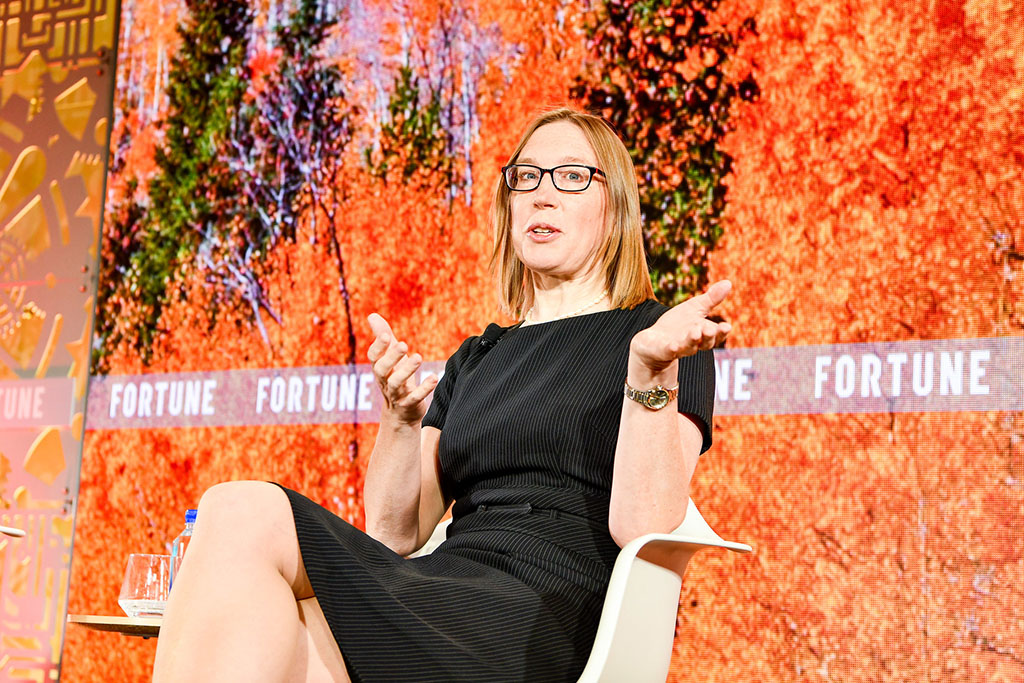
Crypto Mom Hester Peirce Says Meme Coins Like TRUMP and MELANIA May Not Fall Under SEC Regulation
“Many of the meme coins out there probably do not fall under SEC regulation,” Peirce said in a Bloomberg interview.

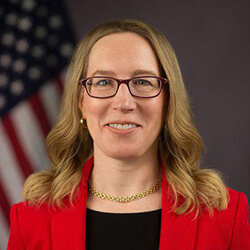
Hester Maria Peirce is an American lawyer specializing in financial market regulation. Peirce currently serves as a Commissioner on the Securities and Exchange Commission (SEC).
Hester Maria Peirce is an American lawyer specializing in financial market regulation. Peirce currently serves as a Commissioner on the Securities and Exchange Commission (SEC). She previously served as the director of the Financial Markets Working Group at George Mason University’s Mercatus Center. Peirce was confirmed by the United States Senate in December 2017 to fill a Republican vacancy on the SEC. She was sworn in on January 11, 2018, and her term expires in 2020. Peirce is a former staff member of the United States Senate Committee on Banking, Housing, and Urban Affairs and of the SEC. In 2016, she was nominated by President Barack Obama for Commissioner on the SEC, but the United States Senate did not act on her nomination.
U.S. Securities and Exchange Commission
American
Washington, D.C., United States
Yale Law School, J.D. - 1997
Case Western Reserve University, B.A. - 1993
U.S. SEC - Commissioner
George Mason University, Mercatus Center, Financial Markets Working Group - Senior research fellow, Director - 2012-2017
Senate Committee on Banking, Housing, and Urban Affairs - Part of Senator Richard Shelby's staff - 2008-2012
Division of Investment Management - Staff attorney - 2000-2004

“Many of the meme coins out there probably do not fall under SEC regulation,” Peirce said in a Bloomberg interview.
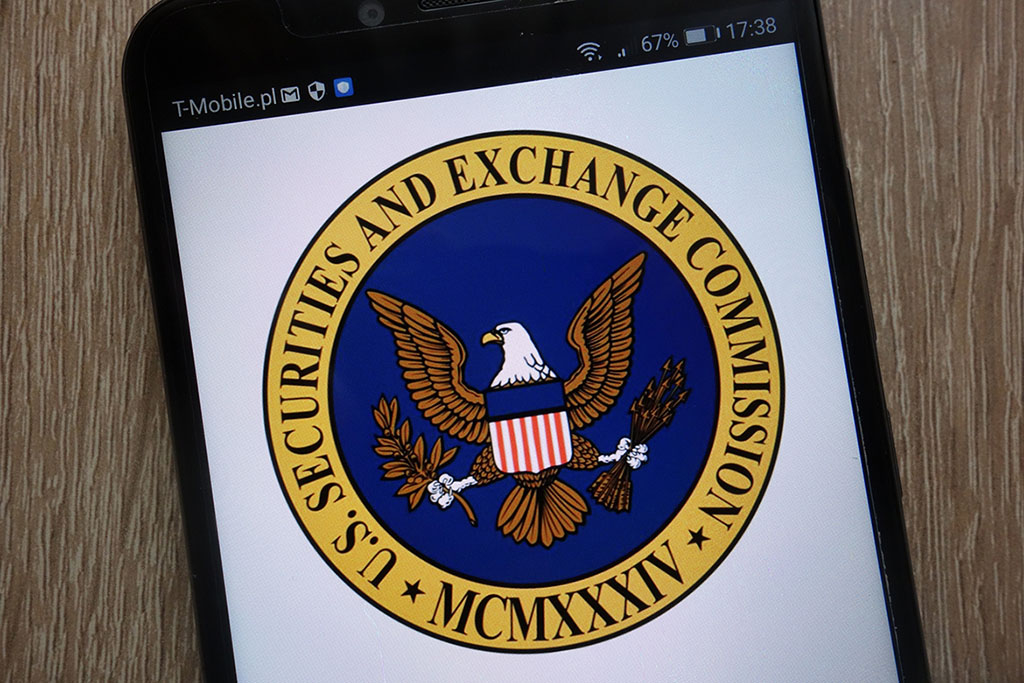
The SEC creates new crypto task force led by Commissioner Hester Peirce, signaling major regulatory shift as Trump administration prioritizes clear framework for digital assets.
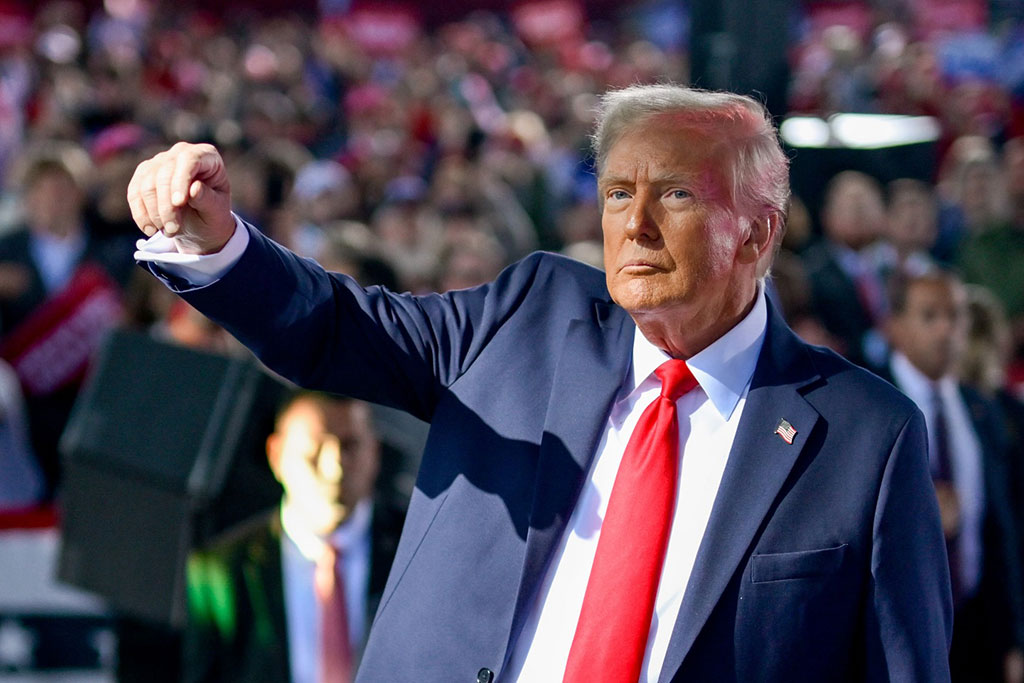
Trump is reportedly considering several key officials to help with crypto regulation and ease rules, in support of the sector.
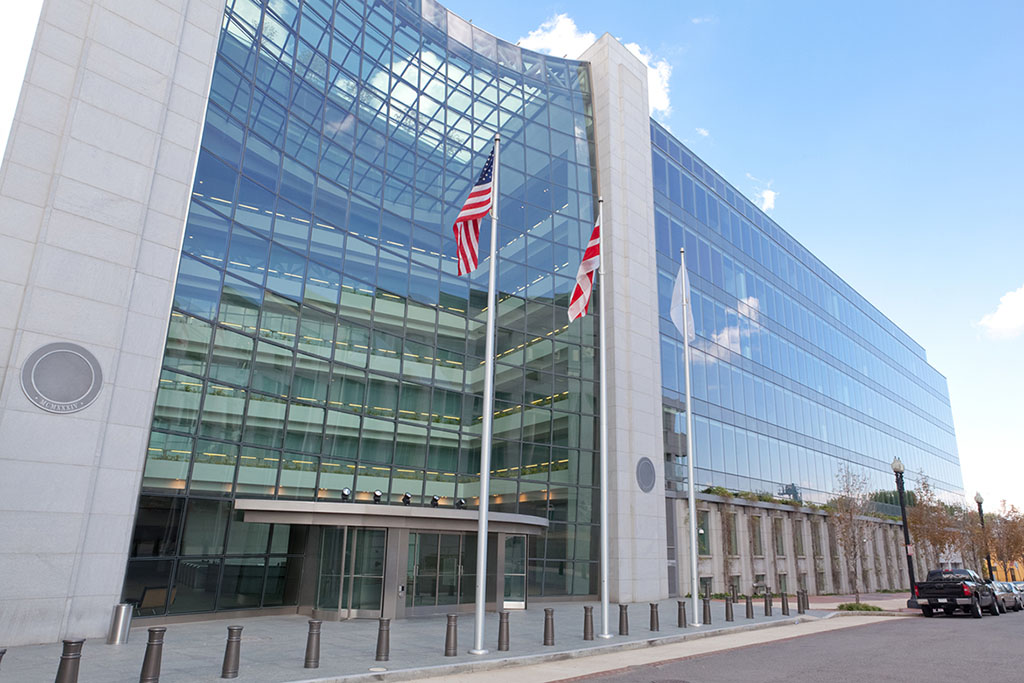
Galaxy Digital’s Mike Novogratz is pushing for a pro-crypto leader for the US SEC.

There’s an ongoing investigation into Ether’s status as a potential security.